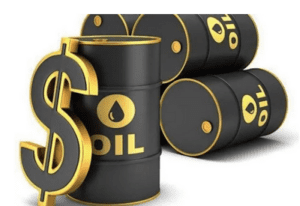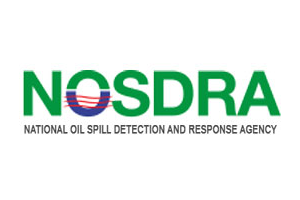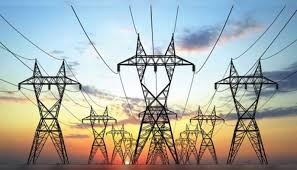
Subsidy removal: Spending on petrol may rise to N8trn
Petrol consumers may pay about N8.4trillion for Premium Motor Spirit, popularly called petrol, between July and December 2023 once the Federal Government stops subsidy on PMS in June, latest findings and industry data showed.
This represents about 250 per cent increase from the N2.4trillion PMS consumers would spend during the period if the government chose to retain the subsidy regime.
Oil marketers explained that the average cost of petrol could rise to about N700/litre from July, should fuel subsidy be brought to an end in June as projected by the Federal Government.
The development means that the expense by Nigerians for fully deregulated petrol could rise by N6trillion during the six month period, going by the insistence of the government that fuel subsidy would end in June.
The Group Chief Executive Officer, Nigerian National Petroleum Company Limited, Mele Kyari, in February, stated that over 66 million litres of PMS was pumped daily into the market by NNPC Limited to keep the country wet.
With a projected average cost of N700/litre once subsidy is removed, it implies that Nigerians would pay about N46.2billion daily for petrol, which translates to approximately N1.4trillion monthly and N8.4trillion in six months (July to December 2023).
“If the refineries are not working and we are going to depend on imports, then the price of petrol may rise even above the N700 or N750 that is being projected,” the President, Petroleum Products Retail Outlets Owners Association of Nigeria, Billy Gillis-Harry, told our correspondent.
He added, “This is because it is going to depend on the dollar rate and crude oil cost. When you check the landing cost, logistics, overhead, profit, etc, you might be looking at about N800, though the average is pegged at N700.
“And that is if we continue to depend on imports. Now, this calculation is based on when we get the product at the approved Central Bank of Nigeria (CBN) dollar rate, and not at the over N740/$ black market price.
“If the dollar is accessed at the black market rate, then you can double that N700/litre average price once subsidy is removed. So you should be looking at between N1,400 to N1,700/litre. This is why we must get our refineries working.”
Buttressing the position of PETROAN, the Secretary, Independent Petroleum Marketers Association of Nigeria (IPMAN), Abuja-Suleja, Mohammed Shuaibu, explained that though it was vital to halt the subsidy regime, implementing this without functional refineries would definitely lead to high PMS price.
“Maybe the incoming government will have a proper way of stopping fuel subsidy. How can you stop subsidy when your refineries are not working? By the time they remove subsidy and the refineries are not working, Nigerians should be ready to buy fuel at N700 or N800/litre.
“The sole importer of this product is NNPC and the demand is high. The price in some parts of the East currently is above N300/litre. By the time the subsidy is removed and there is full deregulation, the landing cost alone could hit over N400, and after all other things are added, Nigerians should be ready to pay about N700/litre.”



